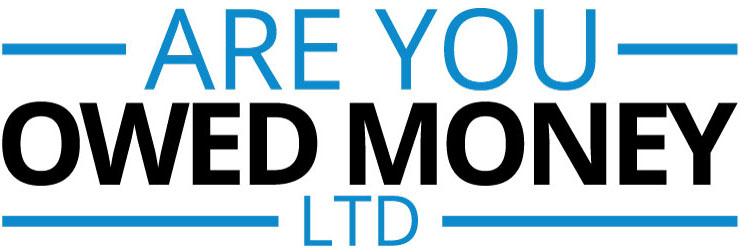As well as price rises for consumers, businesses are also seeing costs go up. The Ukraine war has had major effects across Europe. From rising fuel prices to common supermarket goods. Many UK businesses have been forced to raise prices as material costs skyrocket. With the increase in costs, will more companies' invoices go unpaid?
During times of hardship, people make choices with money. It is not unusual. This happens in both consumer and commercial spheres. With Russia involved in much import and export, the sanctions have played a huge part in rising costs.
Businesses prepare
The British Chamber of commerce recently unveiled results of their quarterly survey. The economic survey looks at several metrics surrounding business strategy and expected spending. Over 2/3 of those surveyed expected to raise their prices in the coming quarter.
Opposition MPs and business groups have asked the government to consider assistance. With costs of basic supplies, fuel, gas, and electric going up, it will affect businesses just as much. Added to this, predications for GDP to fall (down to 3.8% from 6%), the outlook is one of caution.
For businesses offering credit, now could be the time to reconsider payment terms. If costs are going up, will 30/60/90-day repayments likely to be honoured? For smaller businesses will this force more payments on invoice?
For many businesses, credit is offered based on trust and cost of the product/ service. If costs are inherently bound to rise, it may put pressure on firms to recoup their money owed faster.

Expectations set among businesses
The war has sparked forecasts for inflation rising well over 4.8%. With commodities and resources on the rise, questions are being asked who will foot the bill. Energy companies are likely to pass the costs on to businesses.
UK companies must now set expectations. For the coming quarter and financial year. With costs rising, pricing and payment structures will need assessing. Speaking about the need to plan, an AYOM representative said:
"We see businesses every day facing more instances of non-payment. With costs up for basic resources they predict their own prices will need to follow suit. This raises fears of late or non-payments. It raises their own risks due to external factors."
“While legislation supports companies, seeing their cashflow suffer is not ideal. We would urge MPs look to protect SMEs facing this situation.”
Corporate debt rose by £79bn between 2019 and Q1 of 2021. Much of this fuelled by impacts of the pandemic. With that still not over and the war in Ukraine, SMEs are vulnerable. The same report between 2019 and 2021 shows:
- SMEs carrying debt has doubled
- 33% of SMEs have debt more than 10x their cash balance
- 18% of SMEs have repayments monthly more than 1%% of income
- 10% of SMEs have both high debt and repayments
Companies need help. While business debt collection is here as a safety net, limiting debt at source is preferred. Debt happens, there will always be debt. Companies will always need reminders. What can be avoided however is more bad debt and companies on the verge of bankruptcy. This is the worst-case scenario for any creditor or business debt collection agency.

Rises to affect every level
The CBI has called on chancellor Rishi Sunak to assist energy intensive companies. For industries that produce and use high energy, now is a critical period. Particularly so when manufacturing and Russia's business relationships with the rest of Europe are strained. UK manufacturers may need to step up for UK based and oversea clients.
Anna Leach of the CBI told journalists:
“To deliver a fundamental reset to UK growth, we need to see significant action to incentivise investment. This is a key driver of productivity growth and the only way to sustainably increase real wages. A permanent successor to the super deduction will ensure economic resilience and growth go hand in hand.”
The knock-on effects of Covid, the war in Ukraine and energy prices will affect people at all levels. Debt is expected to rise, as to inflation and prices. Action should be taken to reduce negative effects early to allow people and companies to adapt. While thriving is going to be difficult, survival is not impossible.
SMEs are likely to feel the pinch, those who use intensive energy use more so. From a debt collection standpoint, while there will be work for debt agencies, it is only desirable if businesses can afford to pay. Whether it is an SME needing to chase invoices, a landlord keeping on top of rent or a corporate entity with a deb portfolio, we want to help with cashflow.
With debt expected to increase, our advice to businesses is consider your payment terms and keep a close eye on payment deadlines. If debtors go over these and look unlikely to pay, then business debt collection could be the nudge needed to ensure your cashflow stays positive.
To speak to a specialist debt adviser, you can call 0800 130 3357 or email enquiries@ayom.co.uk.
